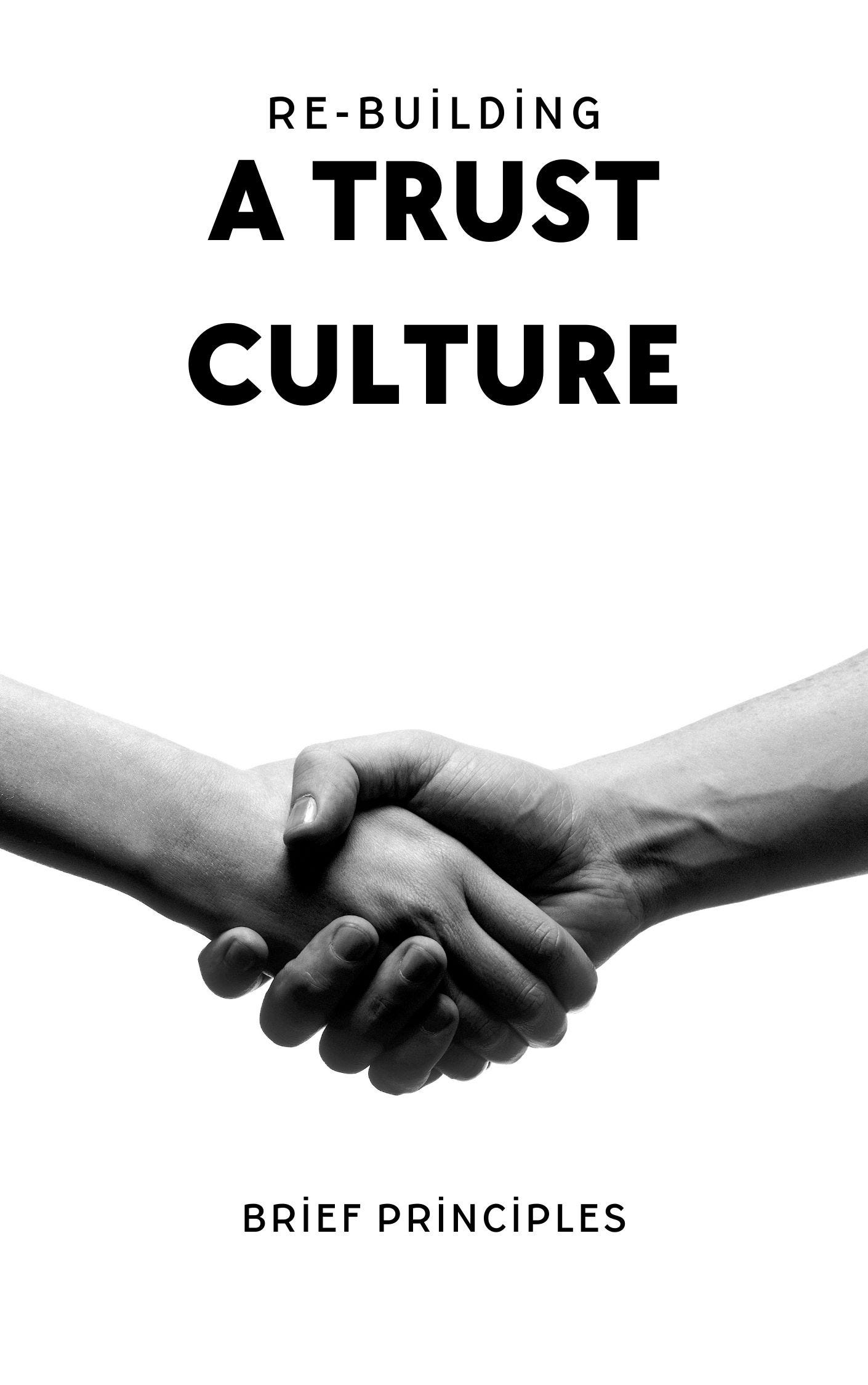How to Re-Build a Trust Culture

Aaron Renn notes, “America is in the midst of a slow-motion shift to a much lower-trust society.” The more our institutions fail, the more prone we are to distrust others, even those nearest us. In some ways, the challenges before us are challenges pertaining to the fifth commandment. The entire nature of communication and exchanges will add additional notes of skepticism to authority structures in our society. Who do we trust? How do we honor fathers and mothers who do not have a history of honesty and trust?
So, how does a biblical society rooted in authority and categories of honor succeed in an age where no one’s word is taken authoritatively? Renn notes that J.D. Vance’s email correspondences with close personal friends many years ago were revealed to the New York Times. Those emails offered personal information and back-porch chat between young men. Trust was broken. Intimacy was severed.
This is not exhaustive, but there are a couple of principles to remember when rebuilding a “high-trust” society:
a) Trust institutions and leaders that have a history of trust. If an institution has existed briefly and its history is marred by missteps, firings, and scandals, they are not worthy of your trust.
b) When looking for churches, see/check if they possess a DNA of durability and longevity. Have there been constant moves and changes in a short period of time among the leadership? Is there a consistency of message? Does the community manifest healthy interactions and practices? Is there fruit in their children?
c) When relating to other peers, keep intimate details close. Don’t overshare. Consider whether that person has a reliable story. Do you think that individual will repent readily? Does he/she affirm his/her weaknesses? Do they handle small personal details well or quickly disseminate information shared privately?
d) Finally, for more meaningful discourse, almost always choose face-to-face or phone conversations instead of email or lengthy chat exchanges. The value of personal interaction cannot be overstated. Our personableness doesn’t always translate well into words, or its interpretation can be misunderstood.
Our low-trust culture results from the failure of the trust currency in our culture. Government and ecclesiastical betrayals have led to a society of disinformation. Who can we trust? Who do we seek guidance? Who should we submit to? Who are my people? The answer to these questions must be rooted in a framework that allows longevity to shape our trust. Trust should not be given immediately. It needs to be built.
The post How to Re-Build a Trust Culture appeared first on Kuyperian Commentary.

